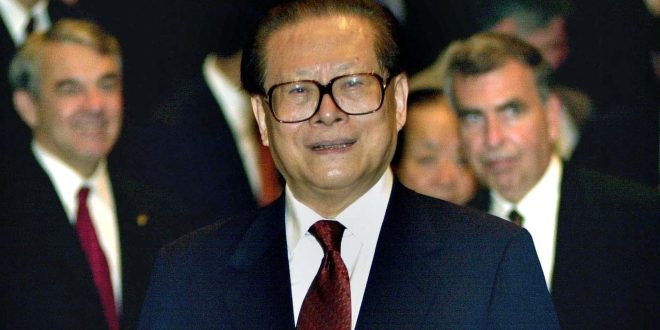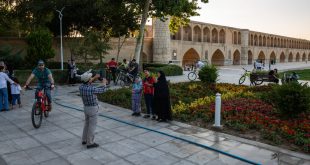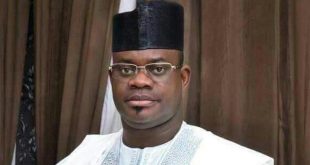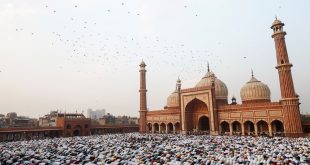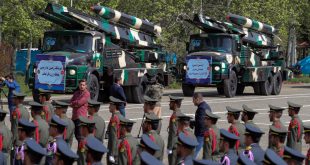BREAKINGBREAKING,
State media says Jiang died from leukaemia and multiple organ failure in the city of Shanghai.
Former Chinese President Jiang Zemin has died at the age of 96, Chinese state media reported.
Jiang died at 12:13pm (04:13 GMT) from leukaemia and multiple organ failure in the city of Shanghai, the official Xinhua news agency said on Wednesday, publishing a letter to the Chinese people by the ruling Communist Party, parliament, Cabinet and the military announcing the death.
“Comrade Jiang Zemin’s death is an incalculable loss to our Party and our military and our people of all ethnic groups,” the letter read, saying the announcement was made with “profound grief”.
It described “our beloved Comrade Jiang Zemin” as an outstanding leader of high prestige, a great Marxist, statesman, military strategist and diplomat and a long-tested communist fighter.
Jiang was plucked from obscurity to head China’s ruling Communist Party after the bloody Tiananmen crackdown on pro-democracy protesters in 1989, but broke the country out of its subsequent diplomatic isolation, mending fences with the United States and overseeing an unprecedented economic boom.
Jiang saw China through history-making changes including a revival of market-oriented reforms, the return of Hong Kong from British rule in 1997 and Beijing’s entry into the World Trade Organization (WTO) in 2001.
Even as China opened to the outside, Jiang’s government stamped out dissent at home. It jailed human rights, labour and pro-democracy activists and banned the Falun Gong spiritual movement, which it viewed as a threat to the Communist Party’s monopoly on power.
Although he was China’s head of state and chairperson of the Communist Party for 13 years, Jiang was never known for his vision, but rather acted as an administrator and compromise figure for different currents in the party.

Jiang seemed to have only reached the peak of his power after the changeover in 2002 to the leadership generation headed by Hu Jintao. For a long time, he pulled the strings as the “strong man” in the background. He was known among the people as “the senior” (Zhangzhe).
Jiang gave up his last official title in 2004 but remained a force behind the scenes in the wrangling that led to the rise of current President Xi Jinping, who took power in 2012. Xi has stuck to Jiang’s mix of economic liberalisation and strict political controls.
Initially seen as a transitional leader, Jiang was drafted on the verge of retirement with a mandate from then-paramount leader Deng Xiaoping to pull together the party and nation.
But he proved transformative. In 13 years as Communist Party general secretary, the top position in China, he guided China’s rise to global economic power by welcoming capitalists into the Communist Party and pulling in foreign investment after China joined the WTO.
He presided over the nation’s rise as a global manufacturer, the return of Hong Kong and Macao from the UK and Portugal and the achievement of a long-cherished dream: winning the competition to host the Olympic Games after an earlier rejection.
Jiang was an ebullient figure who played the piano and enjoyed singing, in contrast to his more reserved successors, Hu and Xi.
He spoke enthusiastic if halting English and would recite the Gettysburg Address for foreign visitors. On a visit to the UK, he tried to coax Queen Elizabeth II into singing karaoke.
Jiang had faded from public sight and last appeared publicly alongside current and former leaders atop Beijing’s Tiananmen gate at a 2019 military parade celebrating the party’s 70th anniversary in power. He was absent from a major party congress last month where former leaders are given seats in recognition of their service.
 Top Naija News: Nigerian News, Breaking News Nigeria and World News Top Naija News is a daily news publication in Nigeria, delivering the latest breaking news in Nigeria and around the world.
Top Naija News: Nigerian News, Breaking News Nigeria and World News Top Naija News is a daily news publication in Nigeria, delivering the latest breaking news in Nigeria and around the world.
